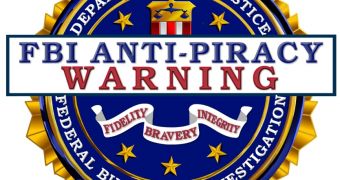The United States Senate has been asked to consider a bill about piracy, which directly involves the video game industry, which would make it tougher for illegal content to be distributed and has tougher consequences for the websites that allow such content to proliferate.
The new bill is called the Preventing Real Online Threats to Economic Creativity and Theft of Intellectual Property Act (the name seems to be specifically chosen to spell out PROTECT IP) and seems to be taking most of its ideas from another would-be law, called Combating Online Infringement and Counterfeits Act, that was blocked from a vote during 2010.
The new bill allows the government of the United States to punish so-called “rogue websites” that distribute copyrighted material without having the right to do so.
Measures that could be taken against them include preventing payments to them from being processed and denying advertising networks and Internet search engines from linking to them.
The entities which hold copyright and are directly affected by piracy can also take action in their own name against offending sites.
Orrin Hatch, a Democratic Senator from Utah, has co-sponsored the new bill and stated, “Just because it’s on the Internet doesn’t mean it’s free.”
He added, “Stolen movies, music, and other products put many out of work. This is why protecting property rights is a critical imperative and is why we’ve come together in introducing this common-sense bill.”
The Electronic Frontier Foundation, which aims to make sure that the Internet is kept as free as possible from government intervention, has announced that the new bill is in no way better than the one that was already rejected, saying that it too “raises serious First Amendment concerns considering the lawful expression that may be hosted on the same domain.”
Piracy, mainly on the PC but increasingly on handhelds and home console, is one of the biggest issues that the video game industry is fighting against.

 14 DAY TRIAL //
14 DAY TRIAL //